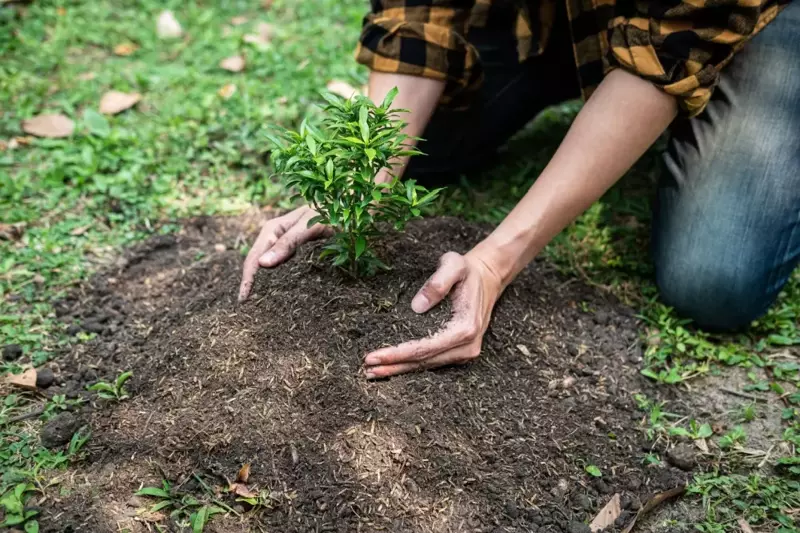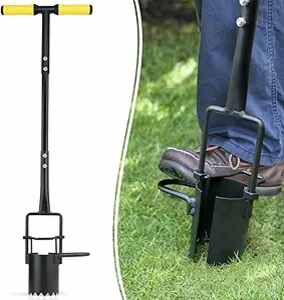The Ultimate Gardening Overview for Beginners: Whatever You Required to Know
The Ultimate Gardening Overview for Beginners: Whatever You Required to Know
Blog Article
Recognizing the Various Sorts Of Horticulture and Exactly How They Add to a Much Healthier Lifestyle and Setting
Benefits of Veggie Gardening
Many individuals are significantly recognizing the myriad advantages of vegetable horticulture as a vital part of a much healthier way of living. Taking part in vegetable horticulture offers countless physical health advantages, including increased exercise, which improves cardiovascular health and promotes general physical fitness. The act of growing, weeding, and harvesting needs activity and can assist battle sedentary actions, contributing to weight monitoring and boosted muscular tissue tone.
Moreover, growing one's very own veggies dramatically enhances nutritional quality. Homemade produce is commonly fresher and extra nutrient-dense compared to store-bought choices, as it can be taken in shortly after harvest. This ease of access urges a better consumption of fruits and veggies, which are crucial for preventing persistent diseases.
In addition, veggie gardening fosters psychological well-being by offering a restorative electrical outlet for anxiety relief and leisure. The act of having a tendency to plants can be meditative, allowing individuals to get in touch with nature and run away the stress of day-to-day live. The lasting method of expanding one's own food lowers reliance on commercial agriculture, adding to ecological preservation and promoting biodiversity. Jointly, these advantages emphasize the importance of veggie gardening as a foundation of a much healthier way of life.
Exploring Flower Gardening

Along with visual advantages, flower gardening supports neighborhood ecological communities. Numerous blooming plants attract pollinators, such as and butterflies, which are crucial for preserving biodiversity. The presence of diverse flora can also boost soil health, as various plants add to vitamins and mineral cycling and enhance soil structure.
Additionally, flowers can play a substantial role in promoting sustainable methods. Several gardeners go with native or drought-resistant varieties, which require much less water and minimal chemical inputs. This method not only benefits the setting however also motivates responsible horticulture behaviors.
Eventually, blossom gardening works as a vital part of an all natural gardening method. Gardening. By growing charm and supporting regional environments, it balances with vegetable gardening and underscores the value of supporting both our physical and mental health through nature
Container Horticulture Advantages
Container gardening offers many benefits that make it an enticing choice for both amateur and knowledgeable gardeners. One of the key benefits is its adaptability; containers can be positioned on patios, terraces, her explanation or even indoors, enabling horticulture precede with limited ground accessibility. This adaptability enables people in metropolitan atmospheres or those with small yards to grow plants effectively.
Furthermore, container horticulture supplies boosted control over soil high quality and wetness degrees. Gardeners can choose specific dirt blends to maximize plant health and mitigate concerns like weeds and insects. The movement of containers also permits simple relocation to take full advantage of sunshine exposure or protect plants from inclement weather.
Furthermore, container yards can be aesthetically pleasing, providing an opportunity for creative thinking in design. Gardening. They can function as attractive aspects that improve outside or indoor rooms while advertising biodiversity by bring in pollinators
Finally, container gardening can add to a much healthier lifestyle by encouraging exercise, as it typically entails lifting, planting, and maintaining plants. In general, the benefits of container gardening make it an accessible and gratifying method for those seeking to enhance their lifestyle and atmosphere.
The Increase of Upright Horticulture
As metropolitan spaces come to be significantly crowded, the pattern of vertical horticulture has taken off, allowing people to maximize their horticulture potential in restricted areas. This cutting-edge approach involves growing plants in vertical frameworks, such as wall-mounted planters, trellises, or specialized vertical garden systems. The charm of upright gardening exists not just in its effective use area yet likewise in its aesthetic contribution to metropolitan atmospheres, changing bare wall surfaces right into lush environment-friendly landscapes.
Upright gardens can be set up in homes, terraces, and neighborhood spaces, providing a platform for growing a selection of plants, consisting of natural herbs, veggies, and ornamental flowers. This approach urges biodiversity and can improve air quality by filtering system pollutants while promoting a link to nature in largely inhabited areas. In addition, vertical horticulture uses functional benefits, such as boosted return per square foot, making it an eye-catching option for urban gardeners looking for to expand their own food.

Lasting Practices in Gardening
Embracing sustainable methods in horticulture is essential for promoting ecological health and making sure the viability of our natural resources. Sustainable horticulture methods focus on decreasing ecological effect, preserving water, and cultivating biodiversity. By applying practices such as natural horticulture, gardeners can reduce using artificial fertilizers and pesticides, which can damage local ecosystems.
Friend planting is an additional effective sustainable approach, where particular plants are expanded together to boost growth and prevent parasites naturally. Furthermore, utilizing indigenous plants in landscaping sustains local wild animals and calls for much less upkeep, as they are inherently adjusted to the neighborhood climate and soil conditions.
Water conservation strategies, such as rainwater harvesting and drip watering, aid to effectively take care of water resources, hence lowering waste. Composting organic waste not only improves the dirt but additionally reduces garbage dump contributions, advertising a round economic climate.
Lastly, practicing plant rotation and cover chopping improves soil health and minimizes the risk of bug infestations. Continued By integrating these lasting techniques, garden enthusiasts can create resilient ecological communities that contribute to a healthier way of living while safeguarding the setting for future generations.
Verdict

To conclude, the diverse techniques of gardening, including veggie, flower, container, and vertical horticulture, jointly promote a healthier lifestyle and enhance ecological sustainability. Each type supplies distinctive advantages, from offering fresh produce and attracting pollinators to optimizing restricted spaces and motivating biodiversity. By fostering lasting methods, these horticulture approaches not just add to private health yet likewise support broader environmental preservation efforts, ultimately minimizing reliance on commercial agriculture and enhancing neighborhood durability.
Report this page